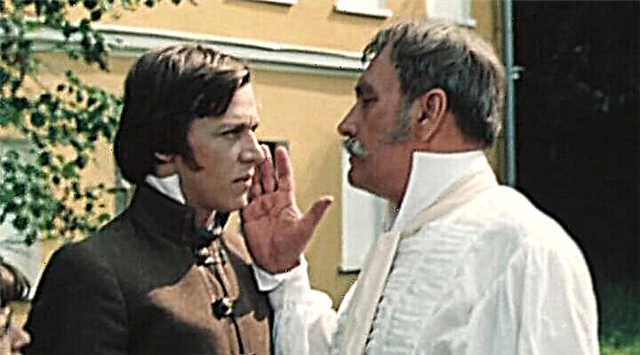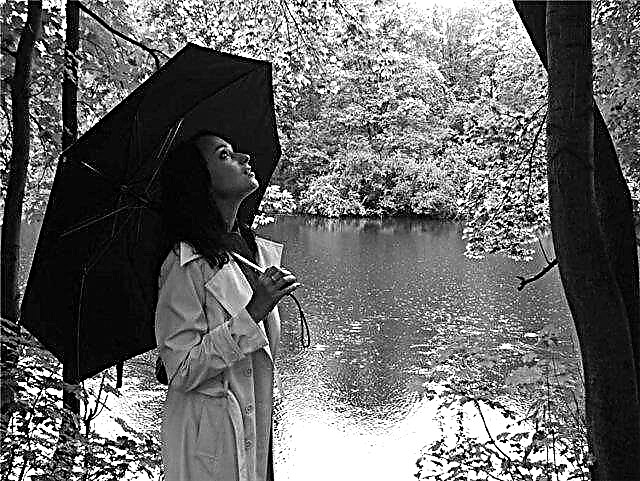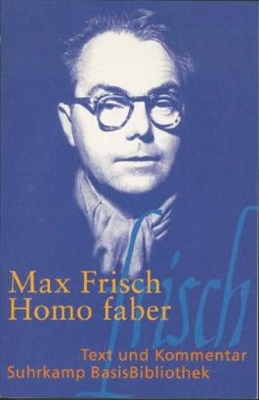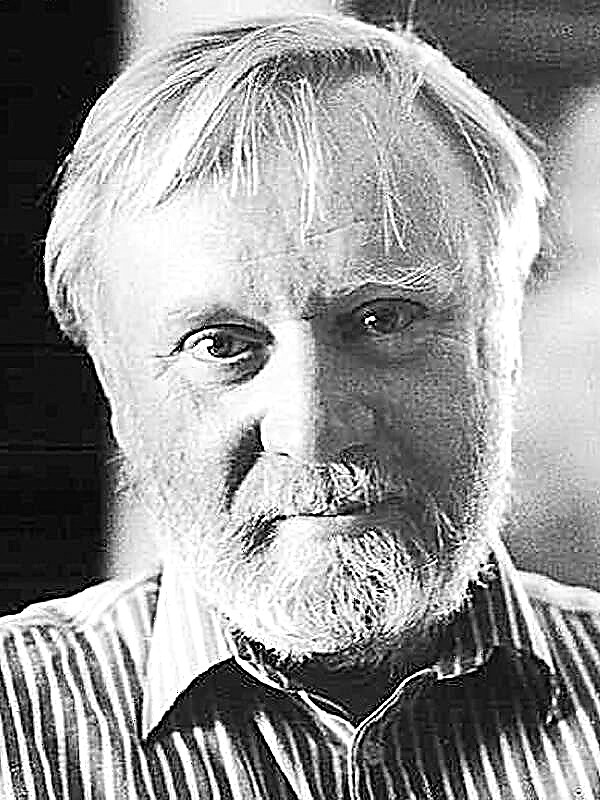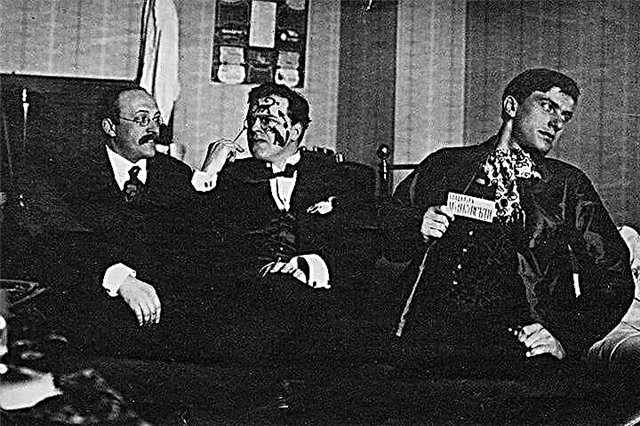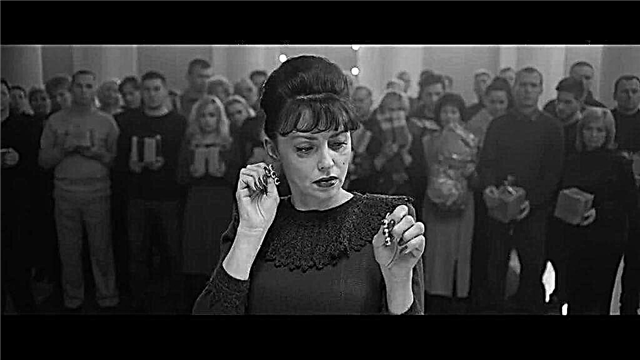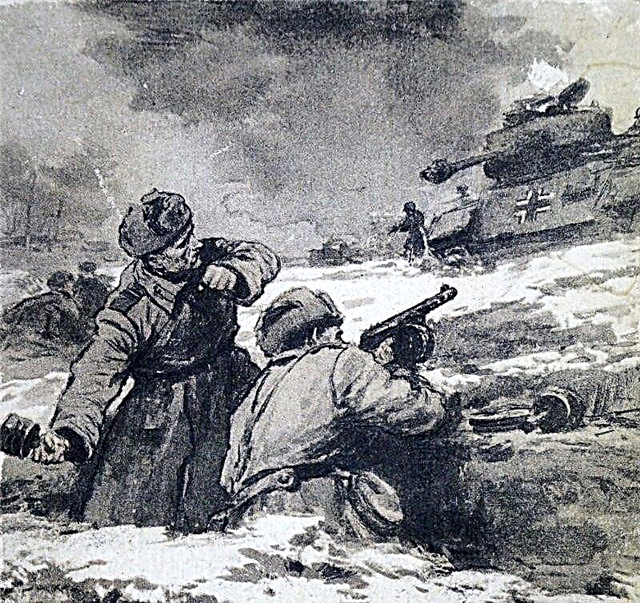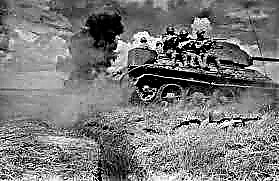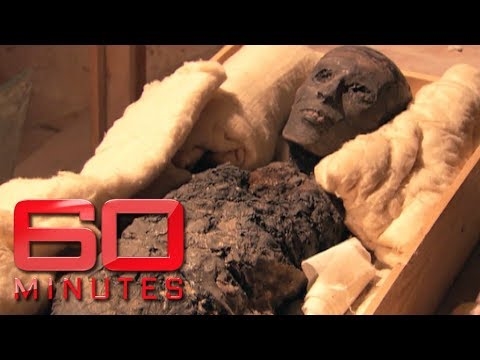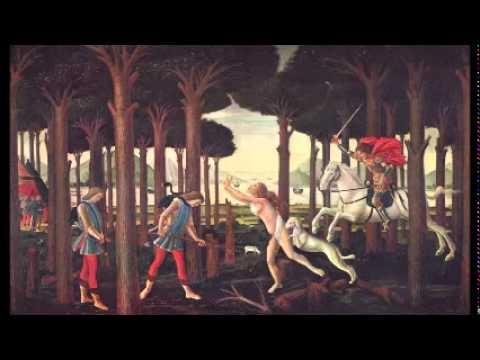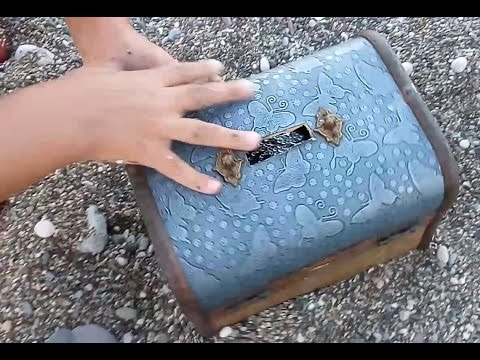: The young Englishman, tired of his life, goes on a journey, hoping to find the meaning of life and find peace in unity with nature, but still does not find peace.
The titles of the chapters in the retelling are conditional. With the third chapter, the personality of the storyteller merges with the personality of the protagonist.
In the preface, the author warns that Harold is no role model. On it, he tried to show what “early corruption of the heart and neglect of morality” leads to: for such a person, both the beauty of nature and the joy of travel are lost, and only ambition remains.
The first song. Portugal and Spain
The first half of the XIX century. The young Englishman Harold, a libertine and a player, spends his life in drinking bouts and casual love affairs.
Harold - a young English aristocrat, tired of life, loves no one, unloved by anyone, prone to depression and depression
At nineteen, he was bored.
But in the heart of Childe, a dull pain carried away,
And the thirst in him cooled,
And often the sparkle of his sudden tears
Only the indignant extinguished extinguished.
Meanwhile longing sarcastic force
She called to leave the region where he grew up ...
Wanting to understand the purpose of his life, Harold goes on a journey without saying goodbye to his mother and sister.
His journey begins in Portugal, affected by the invasion of Napoleon's army. The English fleet protects Portugal from the Napoleonic forces, so the Portuguese are forced to submit to England, which is why Harold despises them and considers them slaves.
Harold leaves dirty Lisbon and travels to Portugal, visiting the castle, where the defeated French signed an agreement on the evacuation of the French army from Portugal and received the right to take out their troops on English ships. Harold considers this a shame.
The wanderer moves to Napoleon occupied Spain, whose proud inhabitants do not want to become slaves. They woke up the spirit of the Reconquista - a war between Arabs, Spaniards and Portuguese, which lasted more than seven centuries, in which the Christians defeated. Only songs remained in memory of this war.
Harold in Seville. Soon the city is occupied by the French, but while Seville is having fun, unlike peasants grieving over trodden vineyards.
Driving through the mountains of the Sierra Morena, Harold sees that the Spaniards are ready to resist the Napoleonic troops. He recalls the brave Spanish beauty Zaragoza, who fought along with men. But not all Spanish women are so brave. Harold believes that they were created "for the spell of love," and describes their beauty and passion.
Harold in Cadiz, where an eternal holiday reigns, and on Sundays bullfighting takes place. He describes this bloody sight. To the Spanish, the saturated Harold is indifferent. He dedicates poetry only to the beautiful Inesa, where he asks not to expect love from him.
Harold admires Cadiz, who resisted the French for more than two years. The enslaved nations are waiting for Spain to overthrow Napoleon's oppression, and they are going to follow her example.
The poet dedicates the end of the chapter to his friend, who did not die in battle, but died from an illness.
The second song. Greece and Albania
The poet describes Greece - it is under the rule of Muslims, who are indifferent to its ancient history. Looking at the ancient skull, the poet sees the futility of human life and is sad about his friend who died in England.
The poet is ashamed of compatriots who stole works of art that "spared time, the Turks, the Goth." The Greeks asked England for protection, but she did not intercede for Greece, but looted it.
Leaving Spain, Harold swims along the Mediterranean coast in an English military frigate, meditating by day and having fun at night.Now he is closer to nature than to a society where friendship and love are false. He recalls how Florence resisted the coquette, failing to merge with the swarm of her fans.
Harold in Albania, which is under the yoke of the Turks.
There a fierce leopard lurks in the clefts,
The eagle is soaring, free and powerful.
There, people are free, like a beast and a bird,
And the storm, celebrating the New Year, has fun.
He walks past the capital of Albania and goes deeper into the mountains, where he plunges into nature, forgetting about the people below. Having gone down to the valleys, he goes to Tepelena, where the Greeks, Albanians, Macedonians, Turks live.
Harold is quickly fed up with the Muslim luxury of Tepelena, and he settles among the proud, brave and harsh Albanians. They warn Harold of a gangster who has occupied a mountain passage, and emit reliable guides. Harold safely gets to the Gulf of Utraki.
The poet again regrets Greece, having forgotten her heroes and hoping only for foreign help. The Greeks celebrate Muslim holidays and do not remember their rich culture.
The poet ends the chapter with memories of his beloved woman, who died shortly after his return to England.
The third song. Belgium, Germany, Switzerland
After a six-year break, the poet decides to continue the poem and, like Harold, goes on a journey. The poet does not expect miracles from life, does not experience either love or hatred, and finally wants to capture his favorite images in verses.
From Albania, Harold returns to England and is convinced that high society is alien to him. Black longing makes him go on a new journey, and here he is in Belgium, at Waterloo.
The poet describes a battle in which troops from all over Europe participated. Then a relative of the poet died, whose father he accidentally insulted. As an apology, the poet describes his courage.
The poet talks about Napoleon, who, even having lost power, frightened the world with "an echo of former glory." After the great tyrant, his followers remained, who for a long time confused the minds of people.
In the Rhine Valley, Harold admires the ruins of impregnable castles, whose owners once quarreled and engaged in robbery. Many such wars broke out over women. The arrival of spring makes Harold dream of love. He recalls the only beloved woman whom he never married.
Harold in the German city of Koblenz, on the grave of Napoleonic General Marceau. The poet glorifies the courage and spiritual purity of Marceau. Near Koblenz - the ruins of the castle of Ehrenbreitstein, his defenders resisted the French for two years.
Harold finds no peace and flees from people to the Alps.
... Flight from people -
Not hatred, nor contempt.
No, this is an escape into the depths of his soul,
So that the roots do not dry out in neglect
Among the crowd, where in a crazy circle -
Infections of a common victim from a young age -
Ours we see late degeneration ...
In a retreat, the poet tells how the tired air of gossip and public opinion revived the healing air of the Alps. Anticipating a near death, he hopes to die in the bosom of nature.
The poet speaks with admiration about Jean-Jacques Rousseau, born in the Alps. The philosophy of the half-mad Rousseau gave rise to a revolution in France, but the French could not keep freedom.
Harold spends a thunderous night on the shores of Lake Leman (Lake Geneva) and visits the homeland of the great philosopher Voltaire.
At the end of the chapter, the poet addresses his daughter Ada and hopes that she will love her father despite the scandals and will cry at his grave.
The fourth song. Italy
The preface to the fourth chapter is a letter from the poet to a friend, the English writer John Hobhouse, who accompanied him and wrote explanations for the poem.
Poet in the decrepit Venice, which was once worshiped by many countries. Even having lost its wealth, Venice remained the face of Italy. The poet regrets that the Venetians lost their freedom, and England did not protect them.
The poet talks about Shakespeare, many of whose heroes lived in Venice, then remembers England.He wants to be buried in his homeland, even if he dies in a foreign country. Memories awaken painful torments in him.
In Italy, the poet visits the grave and modest house of Francesco Petrarch and recalls Dante Alighieri, the creator of "Divine Comedy".
In Florence, the poet admires the statue of Venus, which is stored in the Uffizi Gallery. In the church of the tomb of Santa Croce, he worships the ashes of Galileo, Alfieri, Michelangelo and Machiavelli. The poet considers Florence ungrateful, because her rulers expelled Dante, Petrarch and Boccaccio, and later there was no place for their graves.
The wanderer admires the high peaks of the wooded Apenines, is sad about the former greatness of Rome, weakened by the invasions of the barbarians, and recalls the great Roman dictators. Napoleon could be likened to them if he had not been overthrown.
The poet discusses the truth, which is not in his modern society, where "good is accidental, there is no obstacle to evil", and people are "slaves of success, money and differences." Their descendants will inherit the “slave spirit” and will fight not for freedom, but for the despotism of the absolute monarchy.
He dreams that a man like Bolivar or Washington will set Europe free. After the fall of Napoleon, the French renounced freedom and returned the monarchy, but the poet believes that someday Europe will be free.
The poet visits the mausoleum of a noble Roman and wonders what this woman was, whom she loved and how she died.
The poet hopes that an attempt to clothe his thoughts in poetry will give him strength to continue his journey. The ancient ruins of Rome give rise to strong feelings in the poet, he thinks that fame and independence are always replaced by debauchery and barbarism.
The legend of the nymph Egeria, the beloved of one of the ancient Roman kings, leads the poet to think about love, which he considers poison, especially for young people. Love poisons them, they begin to dream of an ideal that is not in nature, and they have been looking for it all their lives. Even lovers do not stay happy for long - reality destroys their feelings.
Life for the poet is a tree with poisonous fruits. He wants to defend at least his “right of thought and judgment” and hopes that the verses will survive him, and this will revenge his enemies for lies and slander. He despises his enemies, but forgives them, because he is broken by the fight against lies, betrayal, dirty gossip and anticipates early death.
At the Mediterranean Sea, the poet finally parted with his hero.
But where is my traveler ...
Or did he disappear, and my verse is waiting for the finale?
The path is completed, and the traveler is gone,
And his thoughts, and if all he was,
And this heart was beating and suffering
So let him disappear, as if he didn’t live ...
The poet loves the sea and would like to end his days here with his beloved. He is glad that he wrote this poem, and hopes that the reader has found in his creation "the seed of morality."
The retelling is based on the translation


